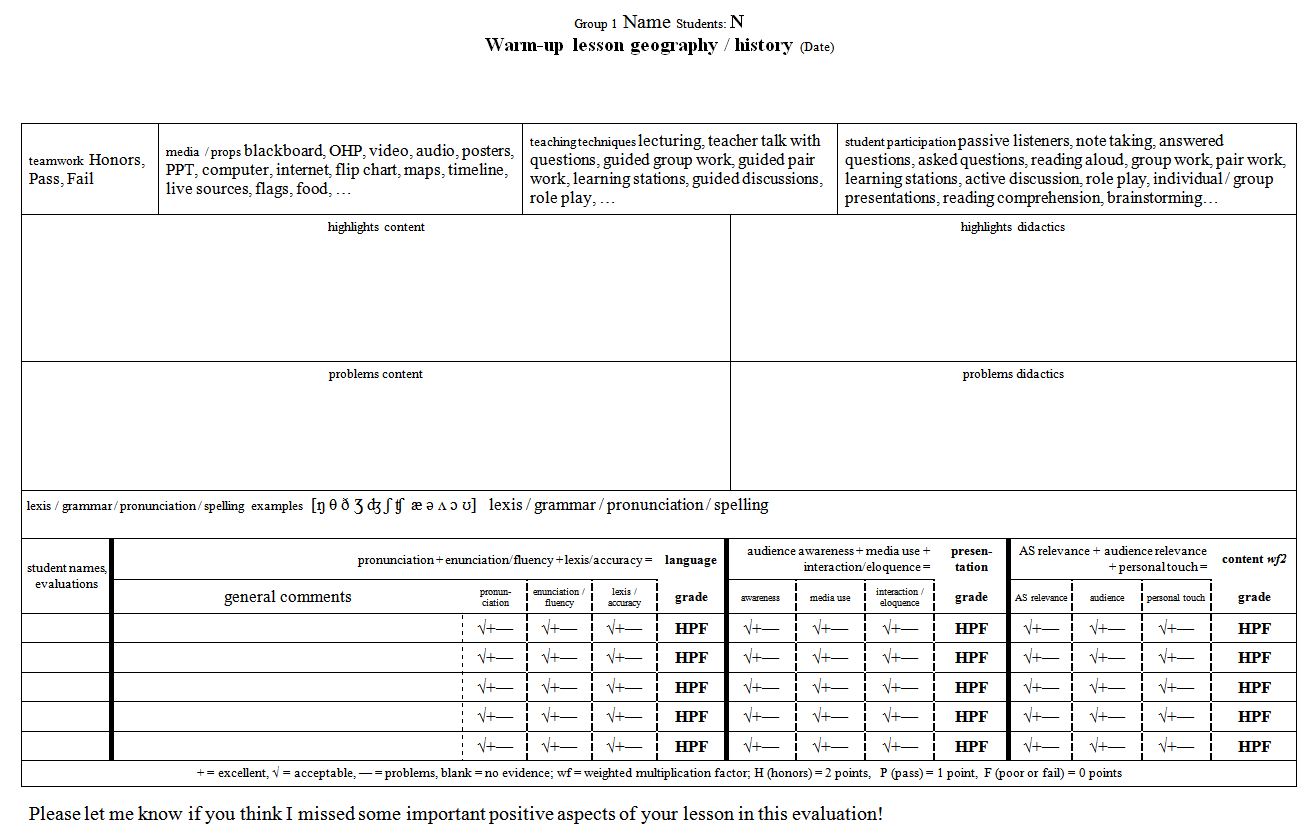The aggregation of iron oxide nanoparticles in magnetic fields.
An estimated 12 million people worldwide are diagnosed with cancer every year, with around 17 million cancer-related deaths per year predicted by 2030 (Thun et al. 2010). Contemporary clinical treatments include surgery, chemotherapy and radiotherapy, however all vary in success and exhibit unpleasant side effects. Localised tumour hyperthermia is a moderately new cancer treatment envisaged by.Modern day medicine is on the brink of a new age of therapy, which aims to harness the natural power of molecular biology for disease treatment. This therapy could include replacement of dysfunctional genes that cause disorders such as cystic fibrosis (Lommatzsch and Aris, 2009), or silencing the overexpression of genes that cause disorders such as cancer (Pelengaris and Khan, 2003).The application of a magnetic field to a suspension of weakly magnetic nanoparticles should, based on previous work and theory, increase the aggregation between particles. This is due to the increase in the magnetic interaction in competition with repulsive forces due to the electric double layer. This hypothesis was tested using suspensions of magnetite and hematite nanoparticles.
In this thesis, magnetic-polymer core-shell nanoparticles based on non-toxic, biocompatible and biodegradable polymers such as silk fibroin, alginate and chitosan were prepared and optimized to improve the uptake efficiency and cell growth inhibition effect of curcumin towards cancer cells. The size, zeta potential, surface morphology, drug.PART 1 The ability of ultrasensitive detection of specific genes and discrimination of disease related single nucleotide polymorphisms (SNPs) is important for biomedical research and clinical disease diagnosis. Herein, we report an ultrasensitive approach for label-free detection and discrimination of full-match target-DNA from its cancer related SNPs by combining magnetic nanoparticle (MNP.

The PhD thesis will be realized within the Nanosciences’ department of laboratory ICB of the university of Burgundy (Dijon, France) into the research group of Prof. Nadine Millot. The successful candidate will be part of the interdisciplinary team BH2N and will work on topics ranging from the development of nanoparticles to bioassays (in.












